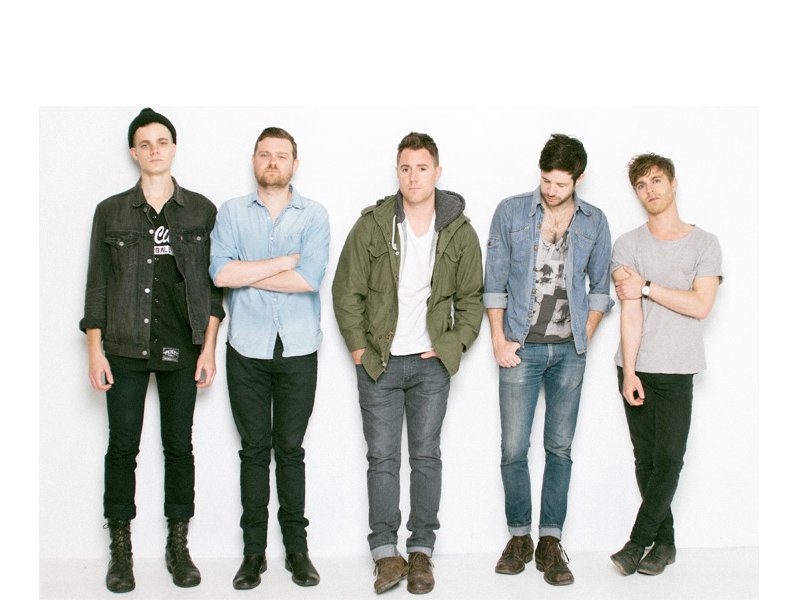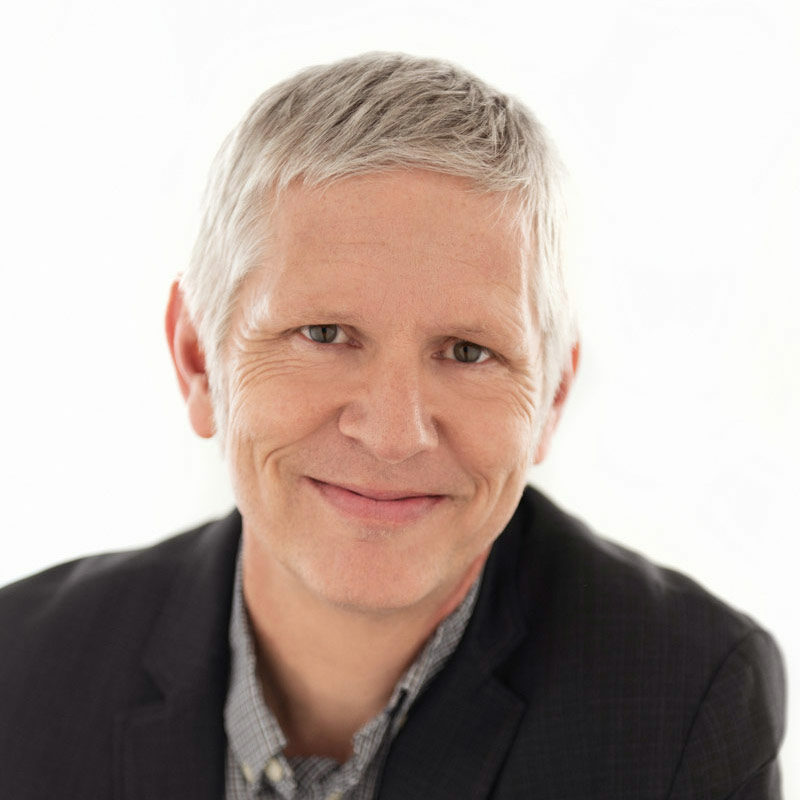You'd be forgiven for thinking that in Music City there's no music without a twang and a Stetson. Last year, Leagues reminded us that's not true. And now Wild Cub is here to hammer home the point.
The band, whose debut, "Youth," saw wide release last week, blends danceable beats and snaky, instantly memorable guitar runs into its accessible and infectious pop music.
Nashville's Wild Cub, who played here in February – and returns this summer for a big gig at Summerfest – is back for another gig at Turner Hall, on Tuesday, April 8, opening for American Authors. Because the band was so recently here, we reprise our interview with singer/guitarist Keegan DeWitt, but with a little update about that February visit.
We talked to DeWitt – who is also a noted film composer who scored two films that screened at Sundance earlier this year month – about Wild Cub's music and the Nashville scene.
OnMilwaukee.com: We tend to think of Nashville as just a haven for country, but you guys and Leagues suggested in 2013 that there's more to the story. What's going on down there these days?
Keegan DeWitt: I think Nashville has taken a positive turn in terms of diversity lately. Between Caitlin Rose, Jeff The Brotherhood and others – all while the larger music-row big time country scene is drying out – it's helped shift the national focus to a much more interesting group of truly creative people.
OMC: I read that the tracks were run through a four-track cassette machine for a grittier feel. Did the approach succeed in achieving what you'd hoped?
KD: The thought with the four-track was to make sure that everything had its own pulse. The tape runs at an uneven speed: anything we may have built on a grid in the computer now wriggled and breathed on its own. The tape had been used over and over, so there are little remnants throughout. From the very beginning, the record was about memories, about moments, photographs that fell out of a diary you found somewhere. The tape brings that to life. Some pieces may have originated from a computer, but now they have a personal life to them.
For the imagery and lyrics throughout, we've always understood that people's own interpretation of the music and tones is so much more complex and interesting than anything we could obliquely tell them. I'd rather give small sparks, little glimpses, flashes of details, little invitations to spark people's own personal involvement in the narrative. They have all these memories, all these past relationships, all these desires, and by simply flashing little signals to them, we can bring that to life for them as a listener, as opposed to writing a topical song with a moment-to-moment narrative. There are amazing topical songwriters, but we are trying to tell stories in a different way.
OMC: Does the record pretty much capture the band's live performances – and vice versa – or do you take a less programmed approach onstage?
KD: The live show is really its own world in a great way. Everyone plays multiple instruments. It's rhythm first, we are working very hard. Live, we have a way of communicating that's not possible on the record ... movement and physicality.
Hitting drums, moving around the stage, just watching my vocal cords tense up as I try to reach out into the darkness and tell a story ... it's an opportunity to communicate in an entirely different way than the intimacy and remoteness of a record. We try to relish that opportunity.
OMC: Are you familiar with the SpongeBob episode with the "musical doodle"? The guitar lines in "Thunder Clatter" are a musical doodle for me these days. I can't get them out of my head. Did you know right away that they'd be so damn catchy?
KD: We definitely tried to use guitars in a way that we might not initially think to. We aren't always successful, but we try and go through, as we record, and refine what happens on the guitars. Take out the obvious rhythm guitars and make any moment that is happening there feel definitive.
There are a lot of guitars in popular music, so it's nice to approach it as though it's a synth sound. You don't just load the same sound every time, you sit and think ... what should it sound like for this song. We try to do that with the guitars.
OMC: In January, you mentioned you'd been to Milwaukee before but hadn't played here yet. How did the February gig go?
KD: We were so surprised and excited by Milwaukee. From the beautiful Turner Hall – and the incredible people hosting us there – to the amazing crowd who moved for every single song ... the entire night felt special. Even though it was one of the coldest nights of the winter, so many people braved the weather and it was a total pleasure meeting everyone.
We even snuck out to The Safe House after for some drinks. We can't wait to get back in some warmer weather and explore.
Born in Brooklyn, N.Y., where he lived until he was 17, Bobby received his BA-Mass Communications from UWM in 1989 and has lived in Walker's Point, Bay View, Enderis Park, South Milwaukee and on the East Side.
He has published three non-fiction books in Italy – including one about an event in Milwaukee history, which was published in the U.S. in autumn 2010. Four more books, all about Milwaukee, have been published by The History Press.
With his most recent band, The Yell Leaders, Bobby released four LPs and had a songs featured in episodes of TV's "Party of Five" and "Dawson's Creek," and films in Japan, South America and the U.S. The Yell Leaders were named the best unsigned band in their region by VH-1 as part of its Rock Across America 1998 Tour. Most recently, the band contributed tracks to a UK vinyl/CD tribute to the Redskins and collaborated on a track with Italian novelist Enrico Remmert.
He's produced three installments of the "OMCD" series of local music compilations for OnMilwaukee.com and in 2007 produced a CD of Italian music and poetry.
In 2005, he was awarded the City of Asti's (Italy) Journalism Prize for his work focusing on that area. He has also won awards from the Milwaukee Press Club.
He has be heard on 88Nine Radio Milwaukee talking about his "Urban Spelunking" series of stories, in that station's most popular podcast.







